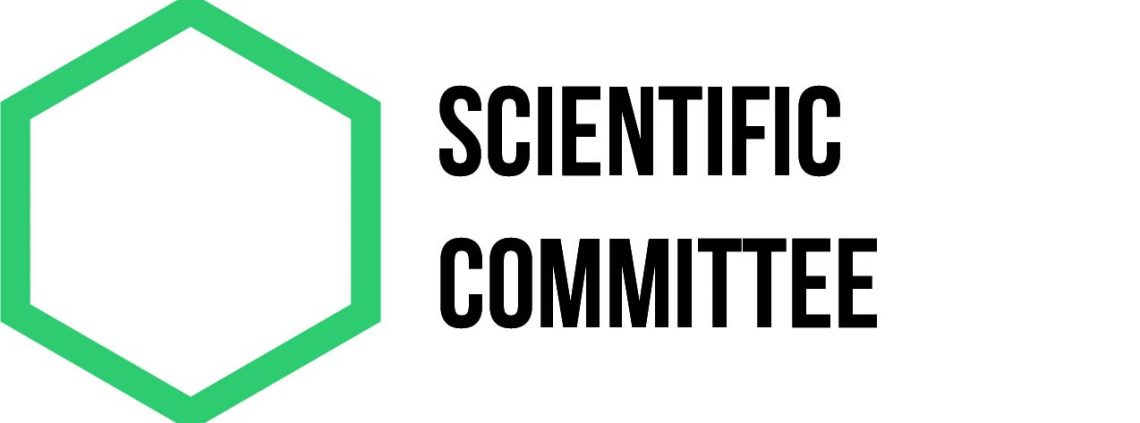The ultimate goal of the national health care system in every country is to preserve and promote community health. The success of the health system in achieving this goal depends on the effectiveness of the services provided and the degree to which these services comply with national and national priorities. Clinical effectiveness is one of the key pillars of health service quality. To achieve the transcendent goal of clinical efficacy, the country needs to provide the best evidence-based practice and clinical practice. The best practice is to ensure that the best native evidence is available in various areas of health care. The system that provides the best and most up-to-date indigenous evidence and ensures evidence-based decision making in practice is called the national evidence-based health care system. In fact, the highest goal of an evidence – based health care system is to achieve the highest possible clinical effectiveness in the health care delivery system in the country.
About the Committee

1- Improve service providers’ ability to produce knowledge products
2. Creating the appropriate structure and process for producing knowledge products
3. Strengthening information technology infrastructure in the health services sector
4- Improving evidence-based skills in service providers for evidence-based decision making
Institutionalize the culture of using evidence in everyday practice
6- Ensure access to evidence-based publications and databases for all health care providers

An evidence-based health care system to achieve macro goals and strategies consists of three systematic approaches:
1) National system of clinical knowledge management 2) National system of evidence-based medicine 3) Integrated national network of clinical effectiveness
The National Clinical Knowledge Management System is a set of actions, activities, processes and structures that promote, facilitate and guarantee clinical knowledge management in the country. This part of the national evidence-based health care system strives to provide the best evidence for evidence-based decision making by analyzing and localizing raw information if needed.
Clinical knowledge management units are the main pillar of the national clinical knowledge management system in the country, guiding the production of national knowledge products in specialized clinical areas. These units operate on the basis of a license from the Ministry of Health and Medical Education, and are evaluated annually and, if necessary, renew their license for one year.
Some of the units that are potentially capable of establishing nationwide clinical knowledge units include research departments of medical universities, medical school training departments, clinical research centers, hospitals with the necessary infrastructure to guide actions and processes. Promote and facilitate clinical knowledge management, scientific forums.
It is suggested that the human resources structure of clinical knowledge management units be divided into two groups:
1) Fixed Members: Head of Unit – Unit Executive – Project Manager – Unit Experts
2) Temporary members: Depending on the type of project involved in its implementation.
Active Scientific Committees in hospitals relying on the presence and activity of knowledgeable, capable, committed, and responsible scientific personnel in all fields of expertise that, in addition to performing their specialized duties, their clinical and professional experience, Providing the best to other specialist and community groups, in their evolutionary drive towards the creation of a clinical knowledge management unit, should seek to achieve the following expected outcomes:
Institutionalize the principles of clinical governance in all current hospital activities and services.
2- Play an effective role in promoting professional ethics
3. To play an effective role in promoting patients’ health by proposing an evidence-based strategy and promoting evidence-based practice.
4- Contributing to the best diagnostic and therapeutic approaches to care and developing evidence-based clinical guidelines.
5. Constructive interaction with research systems
6- Participation in vocational training of all occupations, including staff, nurses, doctors, etc.
7. Establishing effective professional and scientific communication with other Scientific-Research Centers and Scientific Committees of other hospitals in order to promote scientifically all members of the health team.
To this end, the Scientific Committee of Pars Specialized and Specialized Hospital intends to set up a Clinical Knowledge Management Committee with the aim of moving towards securing clinical effectiveness and citing the best local, national and international evidence in various fields of health care. To play its effective role in promoting the multidisciplinary approach and applying Evidence-based approaches and formulating evidence-based clinical guidelines.